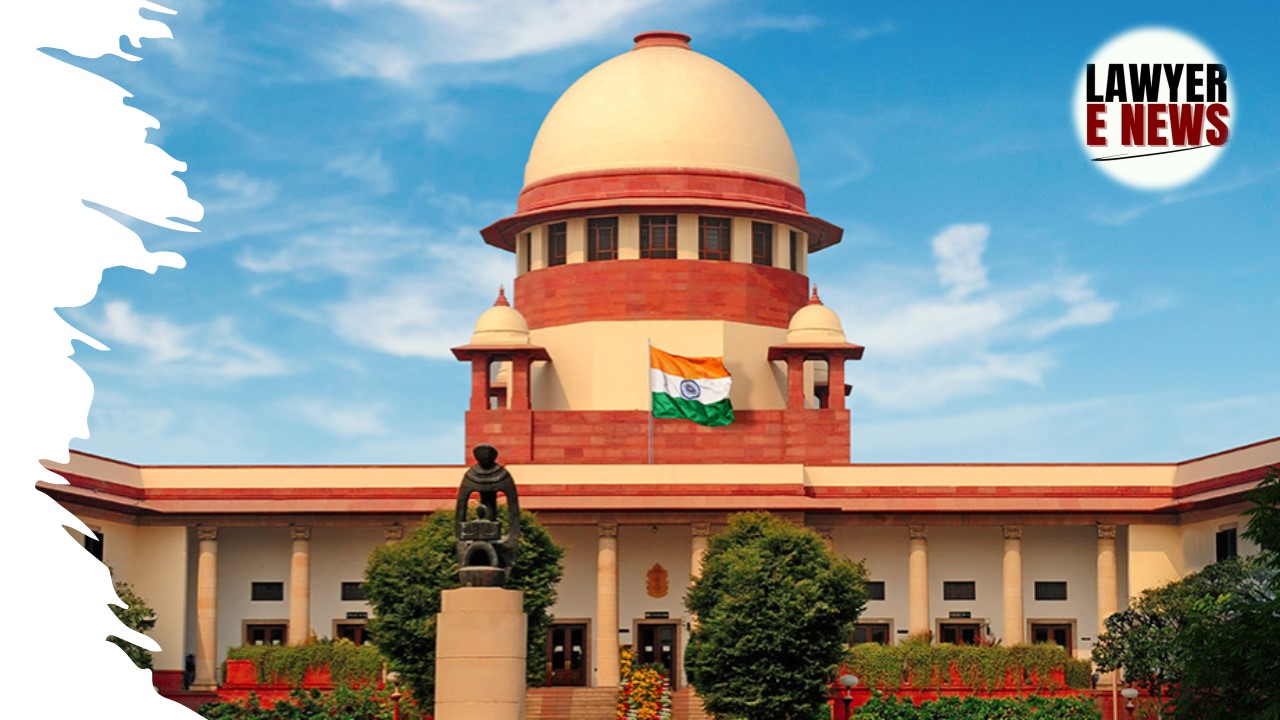-
by Admin
15 February 2026 5:35 AM



“Once the termination order is set aside, then the employee is deemed to be in service. We find no justification in the inaction of the High Court and also the State in not taking back the appellant into service after the order dated 20.04.2022.” – Supreme Court
This case involved Anantdeep Singh, a former judicial officer of the Punjab Civil Services (Judicial Branch), who sought reinstatement after his services were terminated in December 2009 based on allegations of misconduct. The appellant challenged the termination order, which was ultimately set aside by the Supreme Court of India in April 2022. Despite this, Singh had not been reinstated, prompting him to file a Miscellaneous Application seeking relief from the court. The primary legal issue revolved around whether Singh should have been reinstated into service following the quashing of his termination order.
Singh, a judicial officer since 2006, was terminated during his probation period in 2009. His termination followed allegations, including an illicit relationship with a lady judicial officer and domestic issues involving his wife and mother-in-law. Despite no formal inquiry or show cause notice, the High Court terminated his service. However, in 2022, the Supreme Court set aside this termination and instructed the High Court to reconsider the matter.
The allegations made by Singh's wife and mother-in-law included his residence outside official quarters, the use of a private car, and the claim of an illicit relationship with a female colleague. In an earlier judgment concerning the lady judicial officer, the High Court had dismissed the allegations of an illicit relationship, stating there was no evidence to support such claims. Despite this, the Full Court of the Punjab and Haryana High Court maintained its stance, reiterating the decision to terminate Singh’s service.
The Supreme Court, in its April 2022 decision, set aside the termination order and ruled that Singh should have been reinstated pending further reconsideration by the High Court. The court expressed its dismay at the High Court and State’s failure to reinstate Singh despite its ruling, stating that “once the termination order is set aside, the employee is deemed to be in service.”
The court addressed two main legal questions:
Whether Singh was entitled to reinstatement after the termination order was set aside.
Whether backdating the termination order by the State to 2009, despite the quashing, was legally permissible.
The court held that Singh was entitled to reinstatement, and any delay in doing so was unjustified. Further, the court ruled that Singh was entitled to full salary from the date of the Supreme Court judgment (April 2022) until the issuance of a fresh termination order in April 2024. For the period from his original termination in 2009 to the 2022 judgment, Singh was awarded 50% back wages.
The court also emphasized that no fresh decision had been made to reconsider Singh's case as directed, and the High Court merely reiterated its earlier resolution. This, the court held, did not constitute a genuine reconsideration.
The Supreme Court disposed of Singh's Miscellaneous Application, ruling that he should be reinstated in service and entitled to salary from April 2022 until his termination in April 2024. Additionally, Singh was awarded 50% back wages for the period between 2009 and 2022. However, the court left open the possibility for Singh to challenge the fresh termination order issued in April 2024 through a writ petition before the High Court.
Date of Decision: September 6, 2024.
Anantdeep Singh vs. The High Court of Punjab and Haryana at Chandigarh & Anr.
